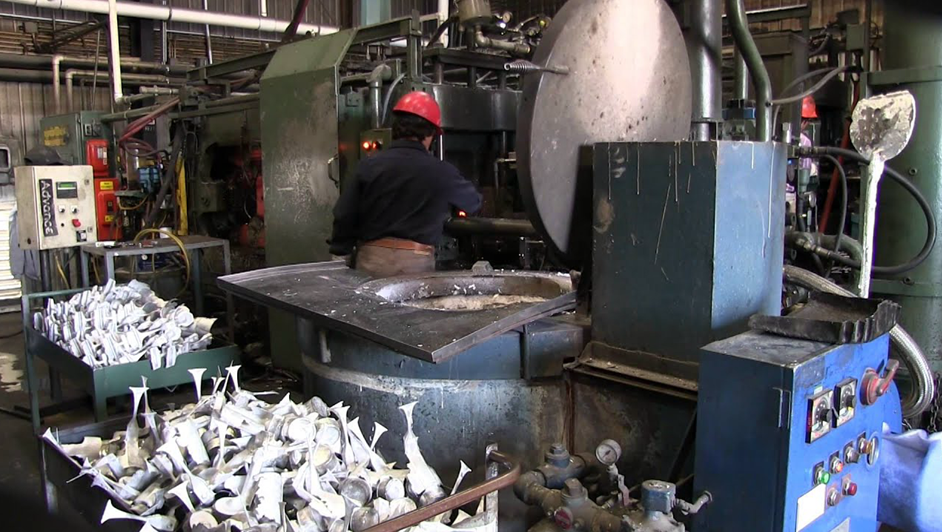Die casting is a widely used manufacturing process that involves the production of complex and high-precision metal parts. With its ability to create intricately shaped components with superior surface finishes, die casting has become an essential technique in various industries, including automotive, aerospace, electronics, and more. In this article, we will explore the basics of die casting, its advantages, and its applications in the manufacturing industry.
What is Die Casting?
Die casting is a metal casting process that involves forcing molten metal into a mold cavity, called a die, under high pressure. The die is usually made of two parts, the fixed half and the ejector half, which are precision-machined to form the desired shape of the part. The molten metal is injected into the die cavity through a gate system and is then cooled and solidified to form the final product.
Advantages of Die Casting
Die casting offers several advantages over other manufacturing processes, making it a preferred choice for many applications. Firstly, die casting allows for the production of complex shapes with high accuracy and consistency. The precision of the mold cavity ensures that the final parts have tight dimensional tolerances and excellent surface finishes.
Secondly, die casting is a highly efficient process. The high-speed production rate and the ability to produce multiple parts simultaneously make it suitable for large-scale manufacturing. Additionally, the repeatability of the process ensures consistent quality in each production run.
Furthermore, die casting offers great design flexibility. The mold cavity can be designed with intricate features, such as thin walls, fillets, and internal cavities, allowing for the creation of lightweight and structurally efficient parts. Moreover, different types of metals and alloys can be used in the die casting process, including aluminum, zinc, magnesium, and copper-based alloys, providing a wide range of material options.
Applications of Die Casting
Die casting finds applications in various industries due to its versatility and cost-effectiveness. In the automotive industry, die-cast parts are commonly used in engine components, transmission cases, and structural parts to improve performance and reduce weight. The aerospace industry also benefits from die casting, utilizing it for manufacturing complex parts like turbine blades and structural components.
In the electronics industry, die casting is used for producing housings and heat sinks for electronic devices. The excellent thermal conductivity of die-cast aluminum makes it an ideal material for heat dissipation. Other industries, such as telecommunications, appliance manufacturing, and furniture, also rely on die casting for producing high-quality and durable components.
結論
Die casting has revolutionized the manufacturing industry with its ability to produce complex and high-precision metal parts. The advantages of die casting, including its accuracy, efficiency, and design flexibility, have made it an essential process in various industries. From automotive and aerospace to electronics and telecommunications, die casting continues to play a crucial role in creating superior quality products. As technology advances, die casting techniques will also evolve, further enhancing the capabilities and applications of this important manufacturing process.

 0086-750-5616188
0086-750-5616188 +86 13392089688
+86 13392089688 sales@zhongmei-tech.com
sales@zhongmei-tech.com














